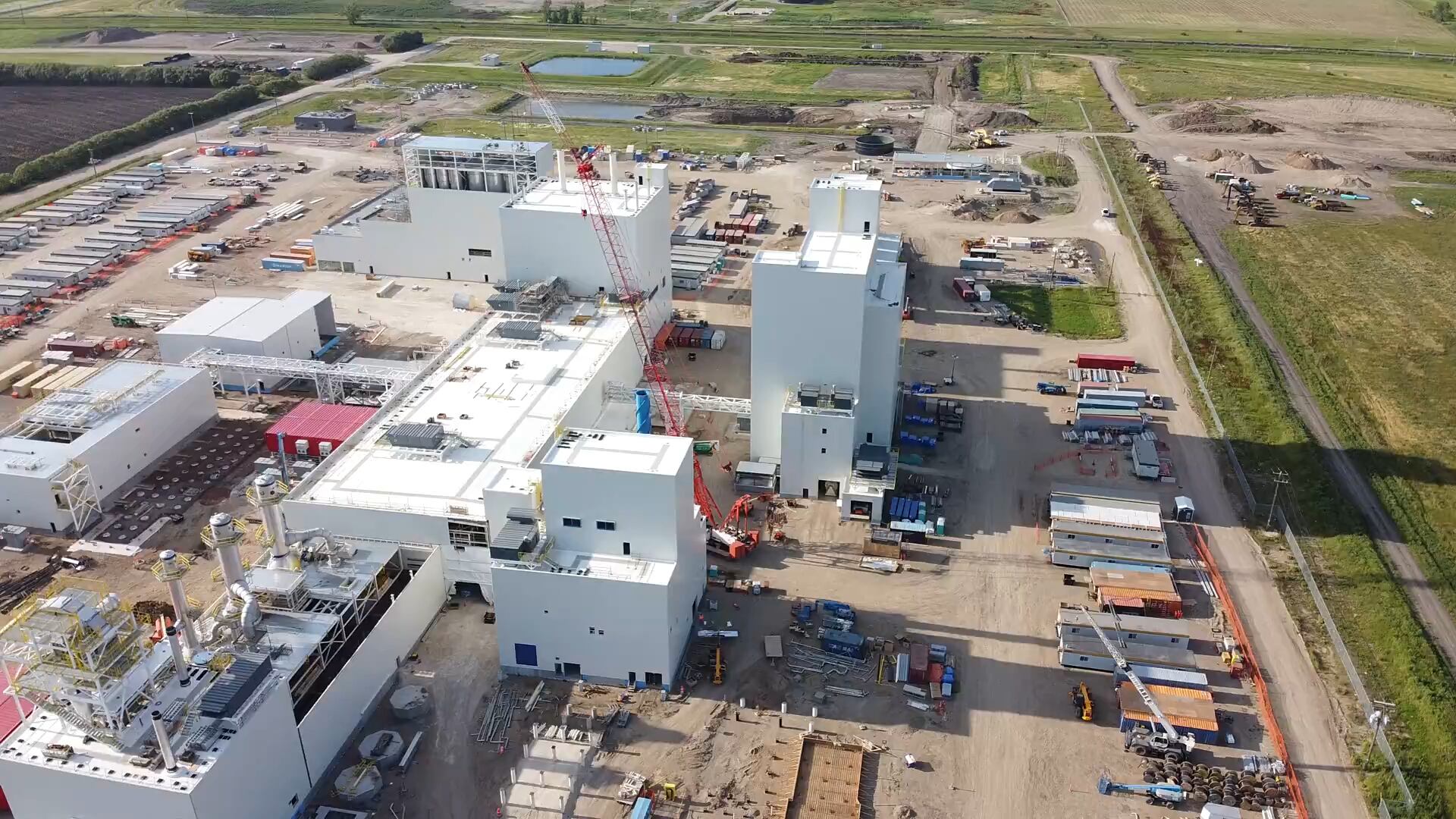Roquette said the plant, which will be able to produce 120,000 tonnes of yellow peas when at full capacity in 2022, marks a ‘new era of food innovation’ as it expects demand for plant-based protein and meat alternatives to fend off the short-term uncertainties caused by the pandemic and continue to surge in the long term.
Roquette has noted a sharp slowdown in new products owing to many companies, including Roquette, being forced to close laboratories. But it has also identified rising demand for plant-based foods in supermarkets and among consumers doing more cooking from scratch in homes during lockdowns.
“The market is still very attractive,” Jean-Philippe Azoulay, Head of Pea and New Proteins Business Line at Roquette, told FoodNavigator. “It's still growing, and we would like to ramp up production as quickly as we can.”
In January, the family-run company signed a three-year supply deal with US plant-based burger maker Beyond Meat to the end of 2022.
Azoulay said food applications for the pea protein would be ‘very wide’, including beverages fortified with protein, dairy and milk alternatives including coffee creamers and ice cream, and plant-based meat and fish alternatives.
“This new cuisine brings new tastes, new textures and new gastronomic experiences and is based on new plant proteins that meet a booming global demand for food that is better for people and for the planet,” said Azoulay.

Sensory challenges of plant-based protein
He admitted there were current sensory challenges of pea protein such as off notes and poor texture. But Roquette is more ‘stimulated’ than concerned by the challenge, said Azoulay. "That's a characteristic that exists in all of the vegetable proteins, whether you have soy, or oat or pea. It does have off notes and you have to do your best to have a neutral taste.”
Allergy to peas among consumers is another potential challenge for manufacturers. Though rare, people can have an allergic reaction to legumes, including peas. Roquette suggests to its customers to list the botanical origin of their pea derived products in their ingredients statements.
"Pea is still considered non-allergenic, but all proteins have the potential to be allergens and you can expect that as consumption of a particular protein increases then you can expect to see the issue becoming something you have to address,” said Azoulay.
Sustainability and traceability story
The new plant, in the small town of Portage-la-Prairie, took two years to build. Roquette said it had been investing for five years in the development of the pea protein and plant proteins. Using only its own financial resources, the company has invested more than half a billion euros in pea protein over a period of five years, of which nearly €400m in the new factory in Canada.
Roquette claims that the new Canadian site, alongside its existing pea protein production plant in Vic-Sur-Aisne in France, means it could boast the largest pea-processing capacity will be the largest in the world.
Azoulay said it was ‘a very important point’ that the yellow peas are grown close to the facility. “We built this plant in Manitoba at the heart of the pea production area of Canada, which is the largest producer in the world, the same way as we have our plant in France at the centre of the pea growing region in France. The sustainability aspect is very important and trying to be as close as possible to the raw material means you minimise your footprint.
"It means limited transportation for the pea and cooperation with the local farming community to have sustainable production with the correct protocol, traceability, all the way from the field to the protein.”
Roquette’s French and Canadian sites will both serve customers around the world. “We will be the first and only company to have the ability to serve customers on the American continent and in the European continent,” continued Azoulay. “This is also part of our sustainability mission: to minimise our footprint, to minimise transportation and to get as close as possible to the raw material and to the customer.”
He added: "We are proud that in spite of all the setbacks we will get the plant delivered in December as planned. That's a very big achievement."


